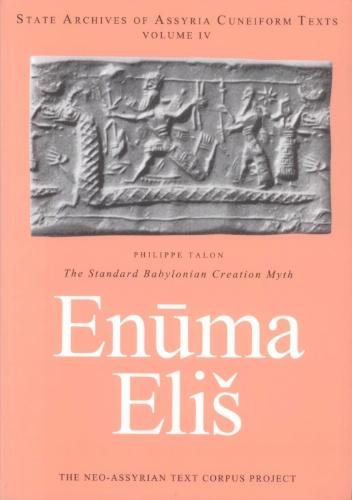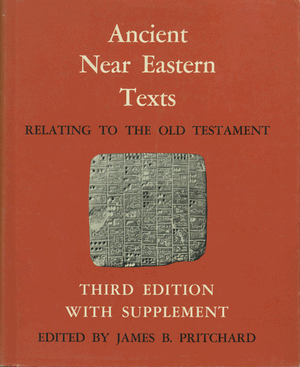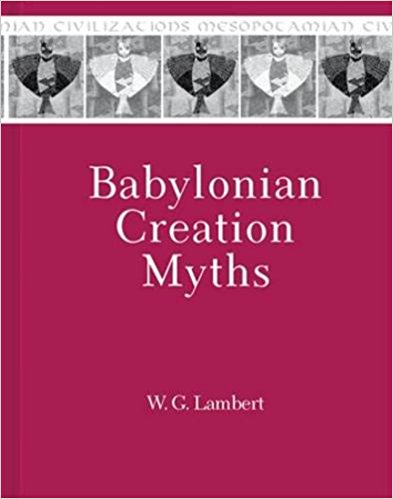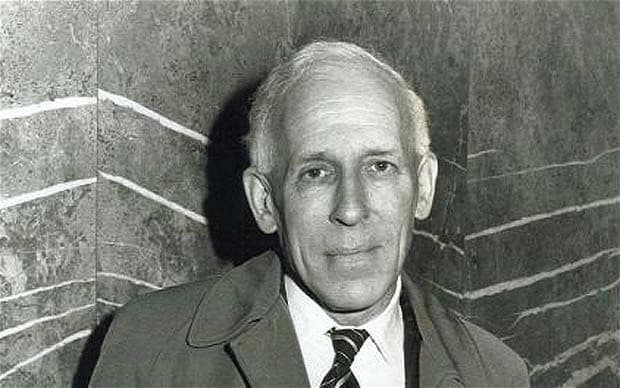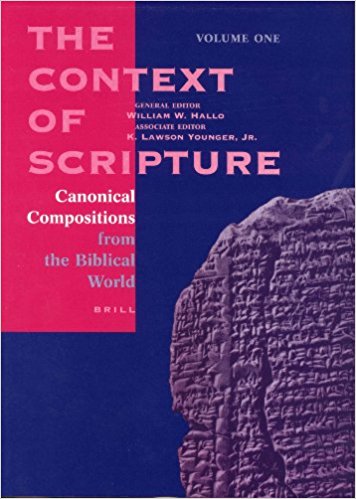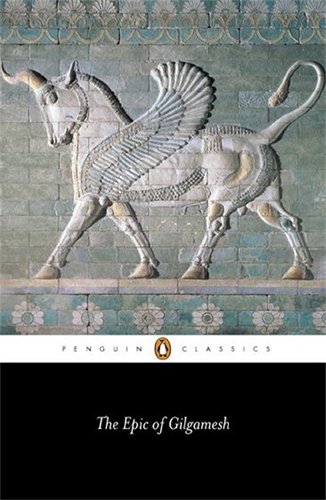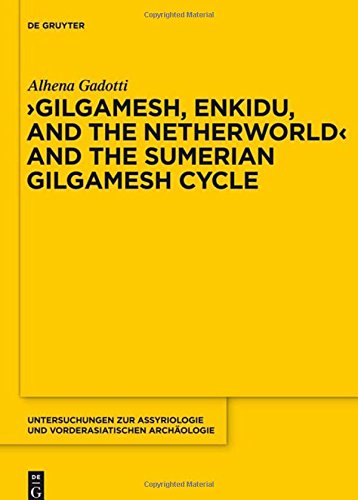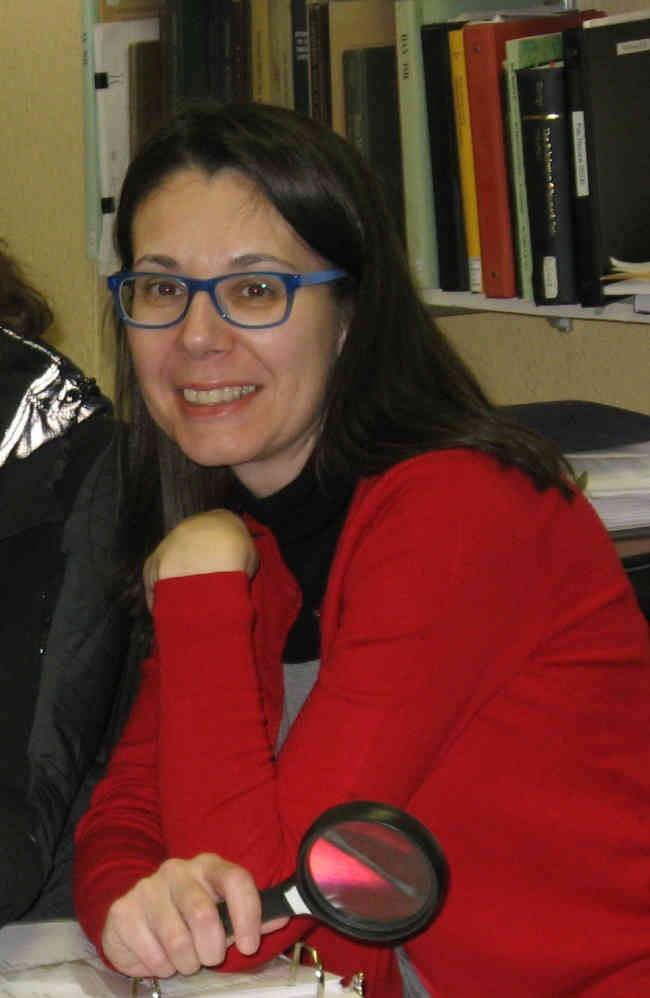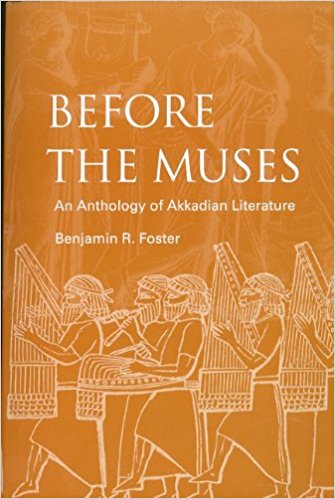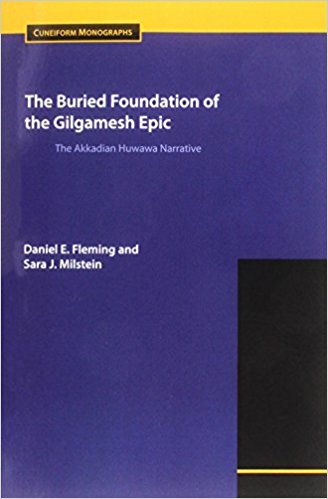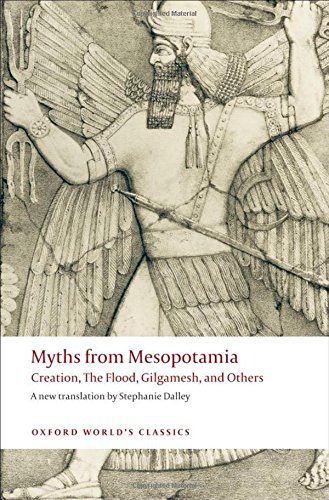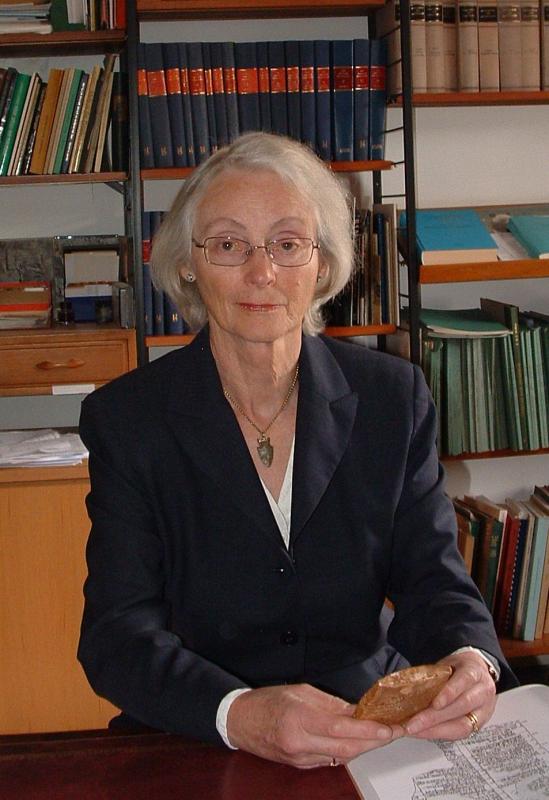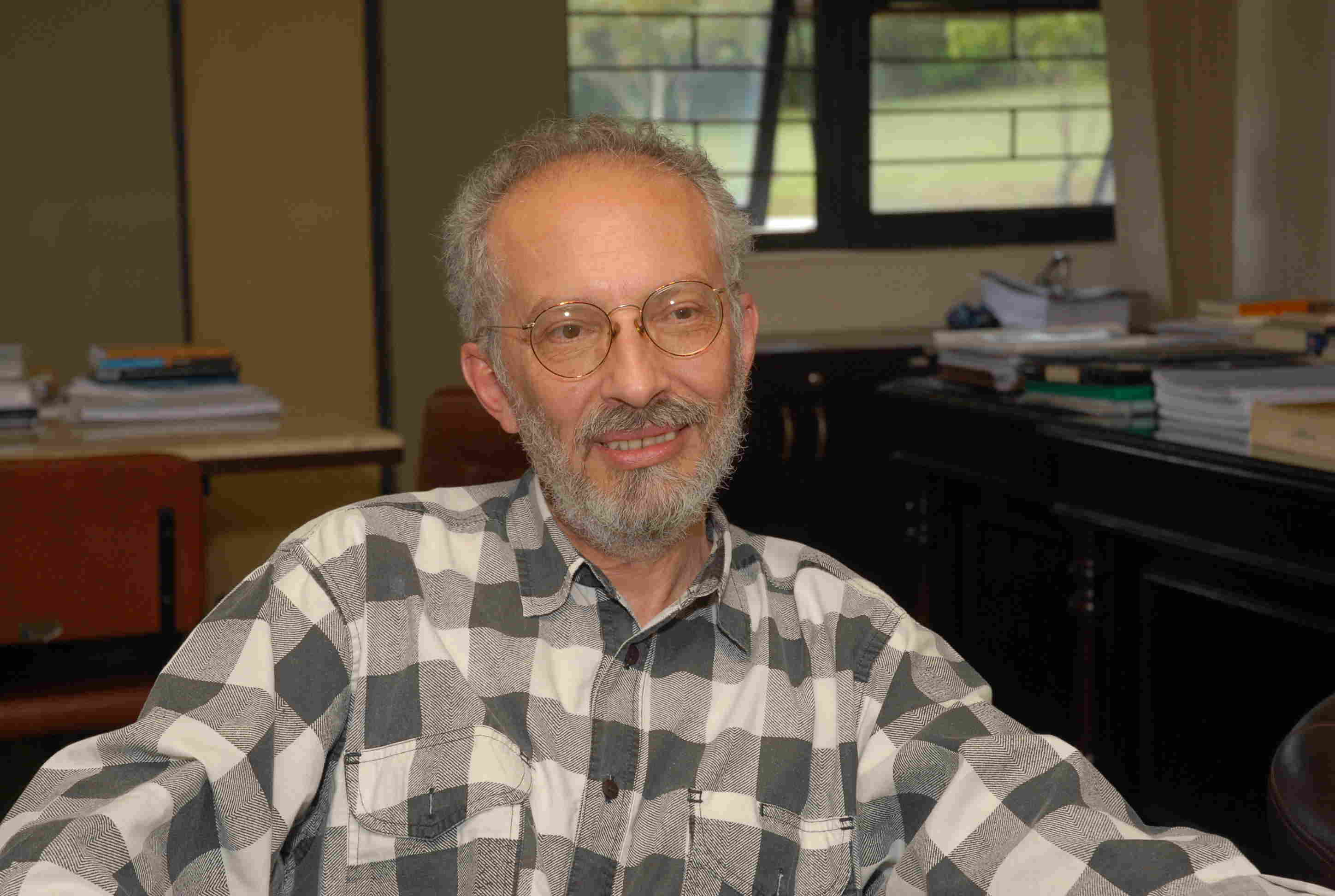BRANDÃO, J. L. Como se faz um herói: as linhas de força do poema de Gilgámesh. E-Hum, Belo Horizonte, v. 8, n. 1, p. 104-121, 2015.
O trabalho é uma tradução comentada da qual a primeira parte (a primeira tabuinha) se encontra publicada no volume 10 (2014) da Revista Nuntius antiquus. Nesse sentido, o objetivo é duplo: de um lado, apresentar algo de minha tradução da versão babilônica clássica da chamada epopeia de Gilgámesh (cujo título original é Ele o abismo viu), atribuída ao “exorcista” (mašmaššu) Sîn-lēqi-unninni e composta por volta do século XIII a. C.; por outro lado, examinar as linhas de força temáticas que dão coesão ao poema, considerando a conexão que nele têm os feitos heroicos com o sexo, a morte e a vida civilizada.
BRANDÃO, J. L. No princípio era a água. Rev. UFMG, Belo Horizonte, v. 20, n. 2, p.22-41, 2013.
Este trabalho trata das cosmogonias babilônicas que instituem a água como o princípio de tudo, bem como das tradições grega e hebraica delas dependentes. No poema intitulado Enuma elish, escrito provavelmente no século XII a.C., Apsû e Tiamat – a água das fontes e a água do mar, respectivamente – são apresentados como os primeiros deuses, a partir dos quais o mundo ganha forma. Ressalta-se como, provindo de povos que vivem no deserto, esses mitos sublinham o caráter da água como fonte de vida, ao mesmo tempo que elaboram uma imagem do mar como uma força perigosa que é preciso conter em seus limites, tarefa que cabe ao mais jovem dos deuses, responsável pela ordem do mundo.
BRANDÃO, J. L. Sîn-lēqi-unninni, Ele o abismo viu (Série de Gilgámesh 1). Nuntius Antiquus, Belo Horizonte, v. X, n. 2, jul.-dez., p. 125-159, 2014.
Apresento a tradução da primeira tabuinha de Ele o abismo viu (Sha naqba imuru), poema babilônico que se costuma intitular “Epopeia de Gilgámesh”. Trata-se do primeiro resultado que publico de projeto em fase de finalização e que teve como objetivo traduzir todo o poema diretamente do acádio.
Jacyntho José Lins Brandão é Professor de Língua e Literatura Grega na Faculdade de Letras da Universidade Federal de Minas Gerais, em Belo Horizonte.
